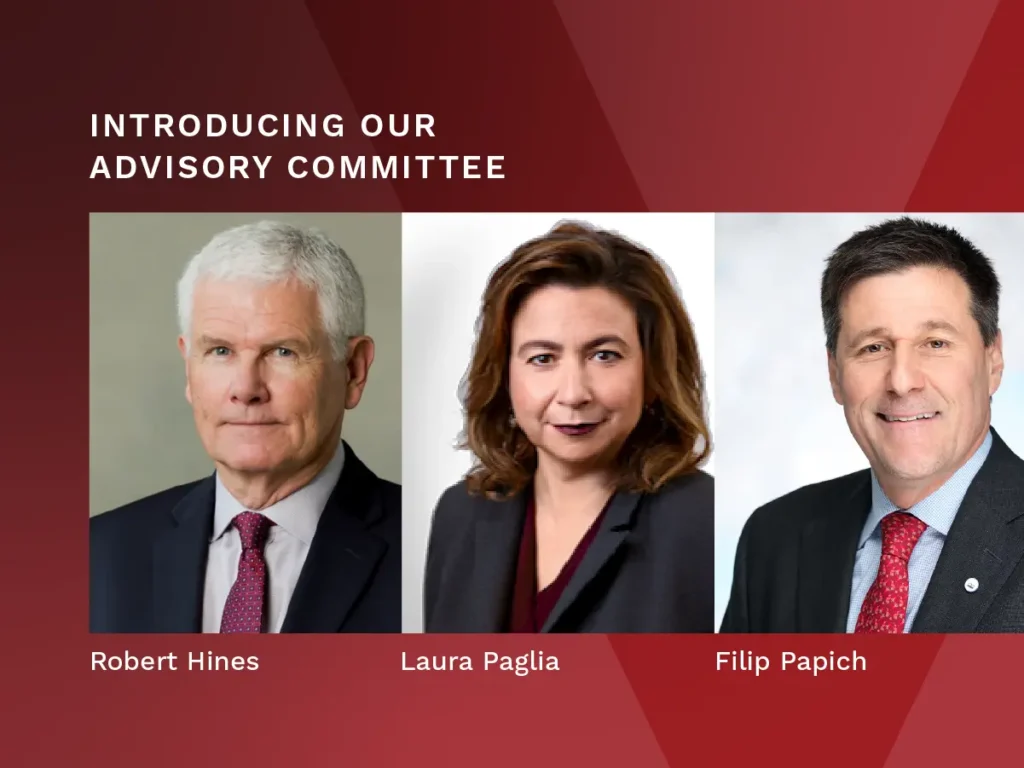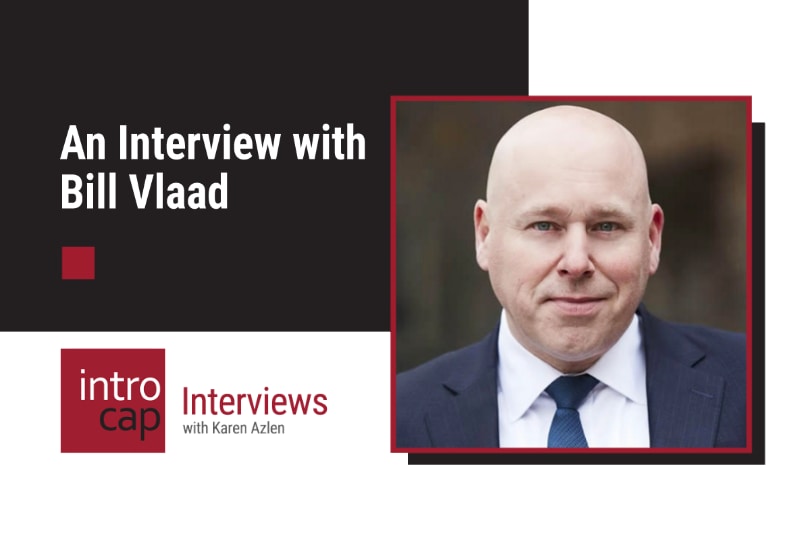Have you ever been in an interview that just didn’t go as expected? You rehearsed and made mention of your top 100 achievements. You know that you’re qualified for the job. Then, during the interview, they start to zone out. You keep talking, name a few more achievements, maybe you can win them back…or not. What just happened!
Most job candidates lead with their autobiography, covering time and position in previous roles. This misses the mark in at least two respects. First, it’s often geared to their subjective view of career milestones rather than the skill deficits the employer is looking to fill. Second, it challenges the attention span of anyone listening, as it takes a long to deliver and listeners tune out.
What’s your “6 in 60”?
Attention spans are short. You’ll need to be concise, and focused, which means condensing your perfect pitch down to its key elements. That brings us to the “6 in 60” approach, where you distill your six most compelling attributes into a 60-second delivery. Why only 6 points? That’s generally enough for the employer to get a read on you. And it’s also the maximum number of points you can heap onto a listener without starting to overload them.
Keeping your highlight reel to 60 seconds doesn’t mean the rest of your feature film is left on the cutting room floor. It just means you’ll have a better chance of getting to the next stage of the hiring process, where the bigger plot can unfold. Recruiters and employers are much more likely to devote time attention to you after the preview has caught their interest.
Address the employer’s needs
It’s only natural for job candidates to gravitate to the accomplishments that make them feel most proud. “I spent 10 years in…”, or “I led a team of 20 people doing…” Or “my annual reviews were exemplary in…” The downside of this pitch is that it contains a lot of chaff that buries the wheat. The interviewer is left to sift, search, and translate in order to find the kernels they are looking for. Employers and recruiters have their own pain points, which drive the way they hire. They are focused on specific needs or gaps and are interested in how you can address those. To be noticed, you need to flip your approach to the employer’s perspective and present your offering to address their needs.
How do you know what the employer needs?
Of course, it might seem harder to know what the employer wants to hear than what you might think. The good news is, there’s a bit of homework you can do in advance to avoid making this mistake. Sometimes a job ad will spell it out for you, though more often you’ll need to do some digging. Where is the company light on expertise? Can you find someone in the firm who could give you a sneak peek at their wish list? Remember that being hired is a process, and often the earlier interview stages are the best times to learn about employer gaps before you have to show your cards. Practice your active listening skills, with lots of open-ended questions (see Nailing Your Job Interview). All of this helps to create your 6 in 60.
Example: Matching yourself to the employer’s criteria
Your 6 most marketable attributes are going to be the ones that best resonate with the specific employer. So, let’s assume you’ve identified the employer needs listed in the lefthand column below. The object, then, is to describe your characteristics, skills, and achievements that correspond with those needs.
| Employer need | Solution-related characteristic, skill, or achievement |
| Loyalty | I’ve had only two employers in my 15-year career because I did enough due diligence before joining to make sure of the cultural fit, and because I grew and adapted to internal opportunities as they arose within the firm. |
| Motivation | I thrive in taking ownership of whatever I do. That’s what’s given me the motivation to succeed in meeting all of my business targets. |
| Entrepreneurial | In my last job, I went beyond the basic sales objectives expected of me and expanded the product platform and the corresponding target markets. |
| Team leader | I’ve been able to achieve corporate goals by bringing my direct reports together as a cohesive team, celebrating success with others and maintaining those relationships over time. |
| Business developer | I’m not one for inventing things, writing reports or devising policy. I’m goal-oriented and sales-driven and my successes have come from growing the top line through development of key relationships and professional rigour. |
| Integrity | I would be pleased to offer a list of people known to you or your firm who can attest to how I conduct myself honestly, ethically, sincerely, and with respect for others. |



